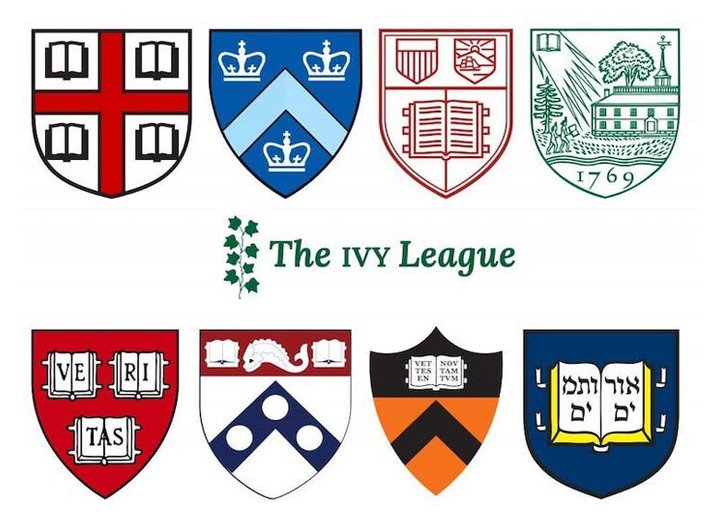In the fiercely competitive landscape of Ivy League admissions, securing a coveted spot at
institutions like Harvard, Yale, Princeton, Columbia, Brown, Dartmouth, Penn, and Cornell
requires meticulous planning and strategic execution. These institutions, renowned for their
academic excellence and global influence, seek candidates who not only demonstrate outstanding
academic credentials but also exhibit leadership, intellectual curiosity, and a commitment to their
communities. This report provides a comprehensive analysis of the key components necessary
for a successful Ivy League application.
Academic Excellence and Holistic Achievements
A robust academic record remains paramount in the admissions process. Successful candidates
typically exhibit a high GPA, supported by rigorous coursework, such as Advanced Placement
(AP), International Baccalaureate (IB), A-levels, or honours courses. While many Ivy League
schools have adopted test-optional policies, outstanding standardised test scores on the SAT or
ACT can still enhance an application. Moreover, academic specialisation, demonstrated through
independent research, advanced coursework, or participation in subject-specific competitions,
can provide an edge in a highly competitive applicant pool.
However, Ivy League admissions committees look beyond just academic records. Extracurricular
involvement plays a crucial role in distinguishing applicants. Instead of engaging in a wide array
of activities superficially, successful candidates often focus on a select few, showcasing depth
and leadership. Holding key positions in student government, academic societies, or
entrepreneurial ventures can demonstrate initiative and leadership potential. Passion-driven
projects, whether in scientific research, creative arts, or community service, further establish a
candidate’s unique contributions and dedication.
Right Choice Consultants can assist students in planning their Ivy League journey as early as
Class 9, ensuring they build a strong academic and extracurricular profile tailored to the
expectations of top-tier universities.
Personal Narrative and Institutional Fit
A compelling personal statement can serve as a critical differentiator. An applicant’s essay
should articulate a clear and authentic narrative, highlighting personal growth, intellectual
curiosity, and resilience. Admissions officers seek candidates who offer unique perspectives and
experiences, making authenticity in storytelling essential. The best personal statements avoid
clichés and instead connect past experiences with future aspirations, reinforcing how an
applicant aligns with an institution’s values and academic culture.
Letters of recommendation further bolster an application by providing third-party validation of
an applicant’s intellectual and personal qualities. These endorsements should ideally come from
educators or mentors who can attest to both academic proficiency and character development,
supported by specific anecdotes that illustrate the applicant’s contributions and potential.
Additionally, a well-crafted application should demonstrate a strong understanding of the
university’s ethos, tailored through supplemental essays that reflect a candidate’s fit with the
institution’s mission and academic offerings.
Strategic Planning for Admissions Success
Applying to Ivy League institutions requires not only academic and extracurricular excellence
but also a well-timed and strategic submission process. Early Decision (ED) and Early Action
(EA) applications often yield higher acceptance rates, reflecting an applicant’s commitment to
the university. Thorough review of all application components ensures a cohesive and
compelling presentation.
For applicants who are invited to an admissions interview, preparation is crucial. A confident and
articulate discussion of academic interests, leadership experiences, and career aspirations can
leave a lasting impression. Thoughtful questions about the university’s offerings further
demonstrate a candidate’s enthusiasm and engagement.
Finally, highlighting distinctions, such as national or international awards, published research, or
entrepreneurial achievements, can significantly enhance an application. Beyond credentials, Ivy
League admissions officers seek individuals who embody resilience, intellectual passion, and an
unwavering commitment to learning. Success in the admissions process ultimately requires not
just excellence on paper, but a well-rounded profile that aligns with the institution’s expectations
and values.

